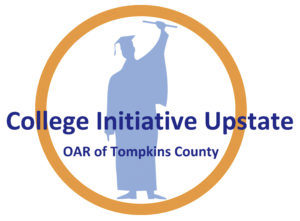Dedication: To Friends who led the way
Honoring Eddie Ellis, Latif Islam, Arlene Mohammed, and Father Stephen Chinlund, who lived lives with great vision, bringing education, friendship, and light across perceived boundaries. And to the vibrant Women of Bedford Hills, who were college students during the late 1990s and continue to work for equality and education for all, you are our heroes!
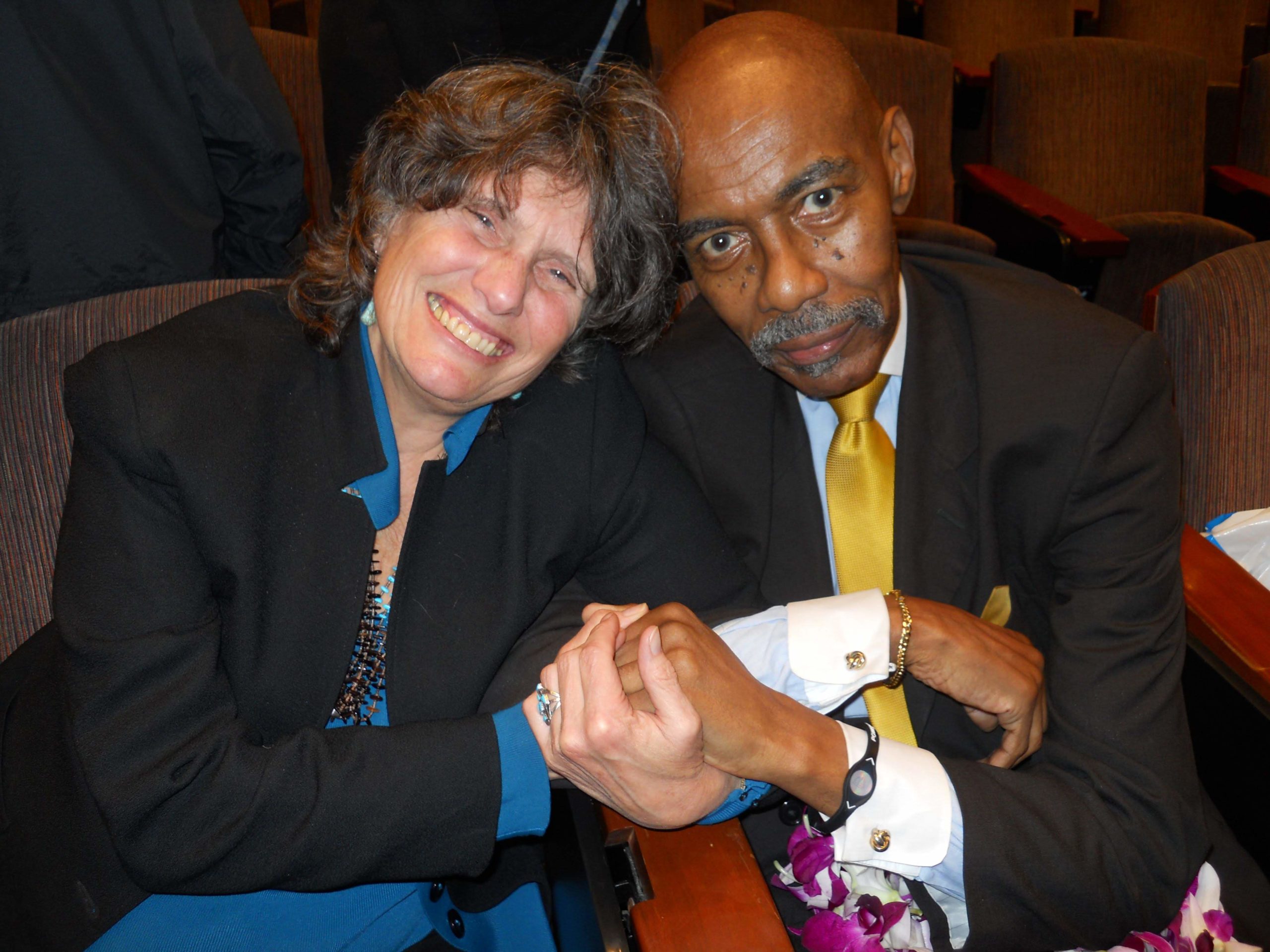
Eddie Ellis (1942-2014)
Remembering Eddie Ellis - Prison Policy
Eddie Ellis Makes His Transition - NY Amsterdam News
The Run-On Sentence: Eddie Ellis on Life After Prison - The Sun
In 1970, when Eddie Ellis served as Community Relations Director for the NYC Black Panther Party, he was targeted by the FBI’s Counter-Intelligence Program and charged with a murder that he did not commit. He spent the next 25 years in prison where he became a brilliant and respected leader who found ways to connect politicians, programs, and ideas across boundaries. In 1971, he was one of the last people to remain in the Attica Prison after the 1971 Uprising, before being transferred to Greenhaven. At Greenhaven, Eddie became a founding member of a “Think Tank” of incarcerated men who engaged in research and peer program development. Their most well-known study is the Seven Neighborhood Study which showed that 85% of NYS’s prison population was Black or Latino and 75% came from seven neighborhoods in NYC. This study, written in 1978-79 received little notice until it was printed in the NY Times, in 1992 when the findings were brought into the mainstream of criminal justice and prison discussion. The Think Tank was also instrumental in bringing the first college programs into the NYS prison system - first Dutchess Community College and then Marist College bachelor’s degree programs. After release, Eddie became Director of Ministries at Riverside Church in NYC and launched the Center for NuLeadership with headquarters in Harlem. One of his lasting contributions was a widely circulated open letter, urging that nouns like “convict” and “offender” be replaced with “people” because such terms erased the humanity of formerly imprisoned people. He wrote, “The worst part of repeatedly hearing your negative definition of me, is that I begin to believe it myself, ‘for as a man thinketh in his heart, so is he’." Eddie was respected internationally for his wisdom and leadership, and he laid the foundation for the future of the criminal justice reform movement.
To learn more about his incredible work and legacy, watch the documentary "The Last Graduation", on our Links page.
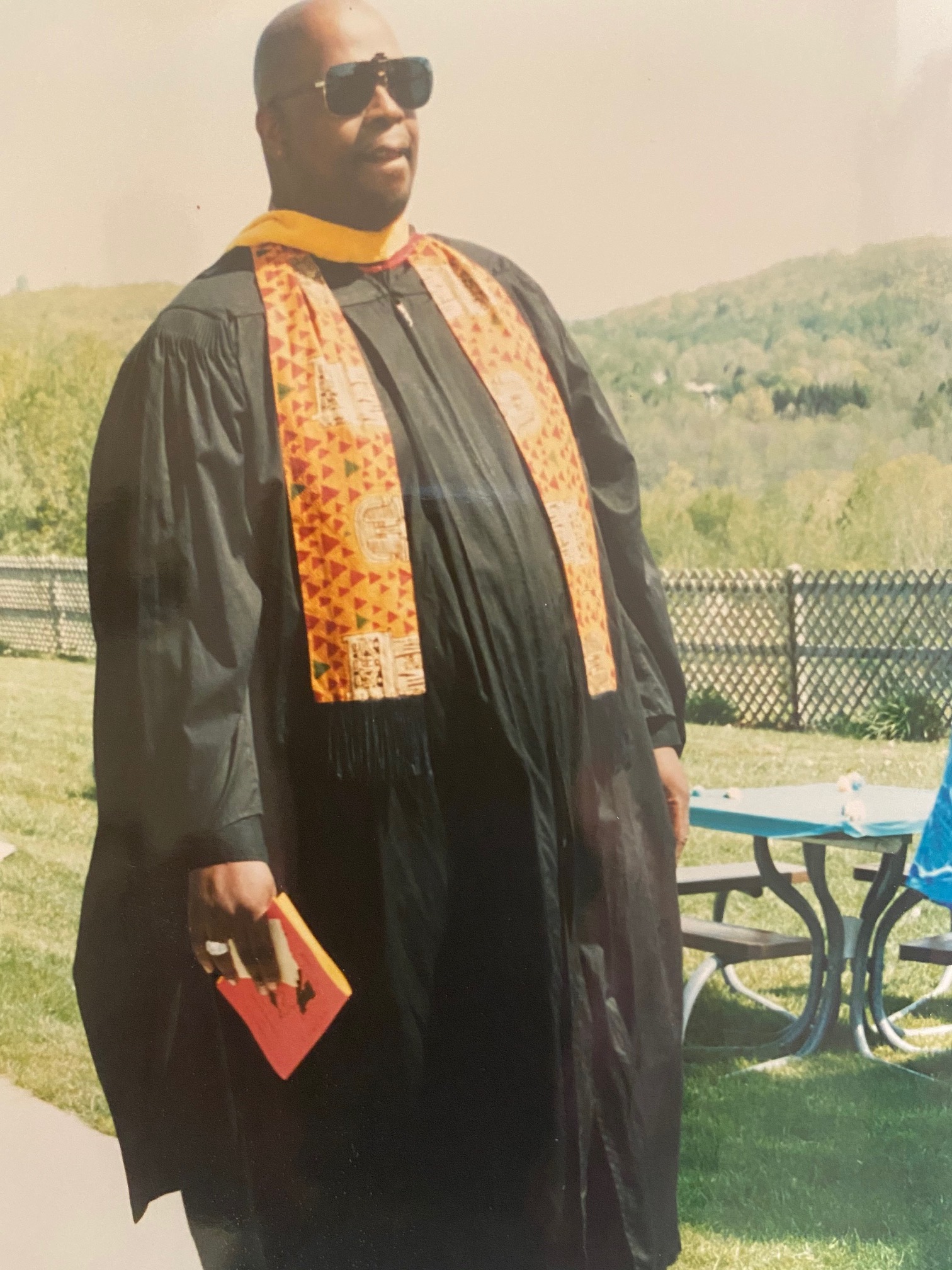
Latif Islam (1949-2005)
Remembrance; In Their Diversity, Mourners Honor the Spirit of a Leader - New York Times
Latif Islam was a brilliant orator and community leader who could bring people together across racial divides. He was born in Bedford-Stuyvesant, Brooklyn, where his youth was marked by addiction and violence. In 1984, while incarcerated in Greenhaven Prison, Latif earned a bachelor’s degree in criminal justice from Marist College. The next year, he was released and began to work for Marist College, where he was hired as the Academic Coordinator for the same program he had attended. He later became a Marist adjunct instructor in 1995. In Latif’s passionate speech at the last Greenhaven graduation, he challenged the graduates to “make this degree your teaching degree.” In 1997, he helped found the Family Partnership Center in Poughkeepsie, NY, a collection of 30 private agencies with a variety of mandates, including literacy, nutrition, sheltering battered women, and helping the homeless. Latif was a big man with an unforgettable laugh and he touched the hearts of all who knew him.
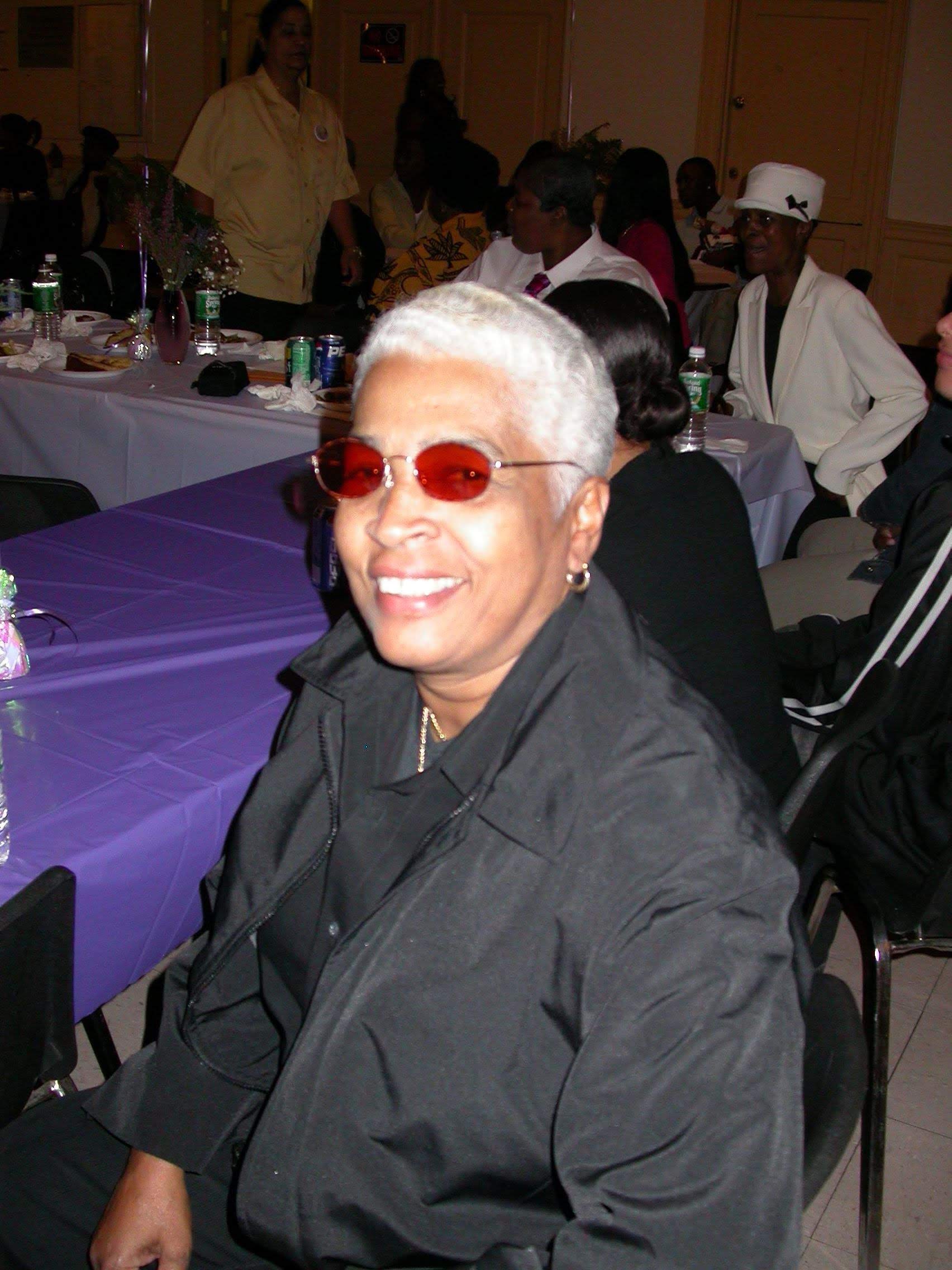
Arlene "Mo" Mohammed (? - 2018)
Her Name Was Mo and She Brought People Together - Prison Writers
Mo was a long-termer at Bedford Hills who rallied her peers to organize and demand changes, beginning with education. During the height of the AIDS epidemic, with rates of HIV infection at an all-time high, Mo helped create the AIDS Counseling and Education Program (A.C.E.). Incarcerated men later adopted the program, calling it the Prisoners for AIDS Counseling and Education Program (P.A.C.E.), which quickly spread across New York State prisons. Shortly after her release, Mo became the beloved Academic Coordinator for Hudson Link at Sing Sing. There, she was deeply respected by administrators, successfully unified her students, and left a lasting legacy. Hudson Link opened Mo’s House, a residence for newly released men.
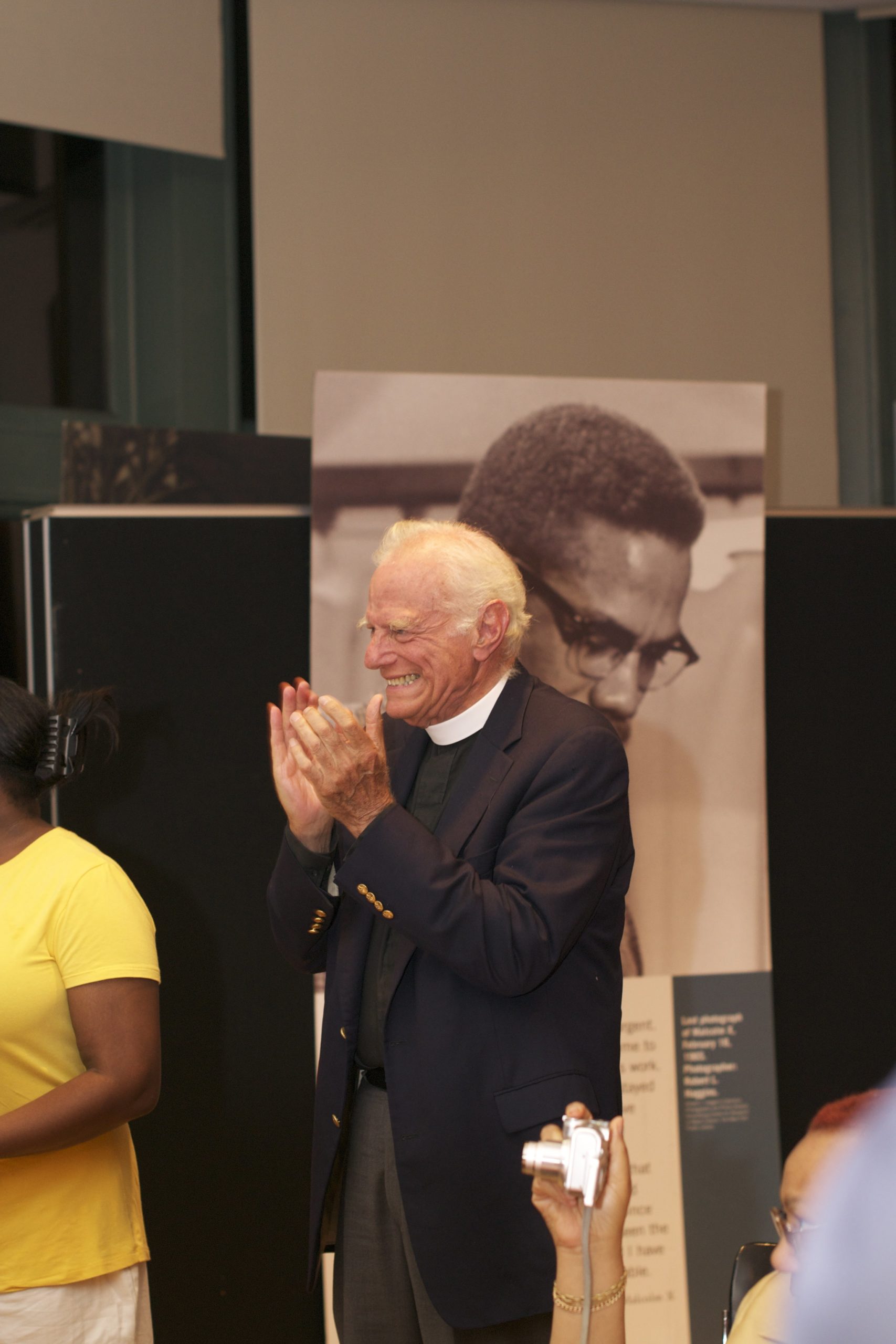
Father Stephen Chinlund (1934-2020)
Director of Episcopal Social Services (ESS)
As a young Episcopal priest, Father Chinlund worked with the poor and marginalized in his New York community after attending Union Theological Seminary. He then served on the NYS Special Commission on Attica, following the Attica Rebellion in 1971, and his activism continued to bring him into jails and prisons, where conditions jarred him to the core. In 1979, he founded the Healing Communities Network, which addressed the trauma of incarceration through support groups. These groups operated both inside and outside prison, and they worked to build self-esteem and a sense of community. Father Chinlund then served as the Executive Director of Episcopal Social Services from 1986 -2005. In 2002, he offered College Initiative its first home base and was deeply involved with helping CIU to become successfully established in NYC.
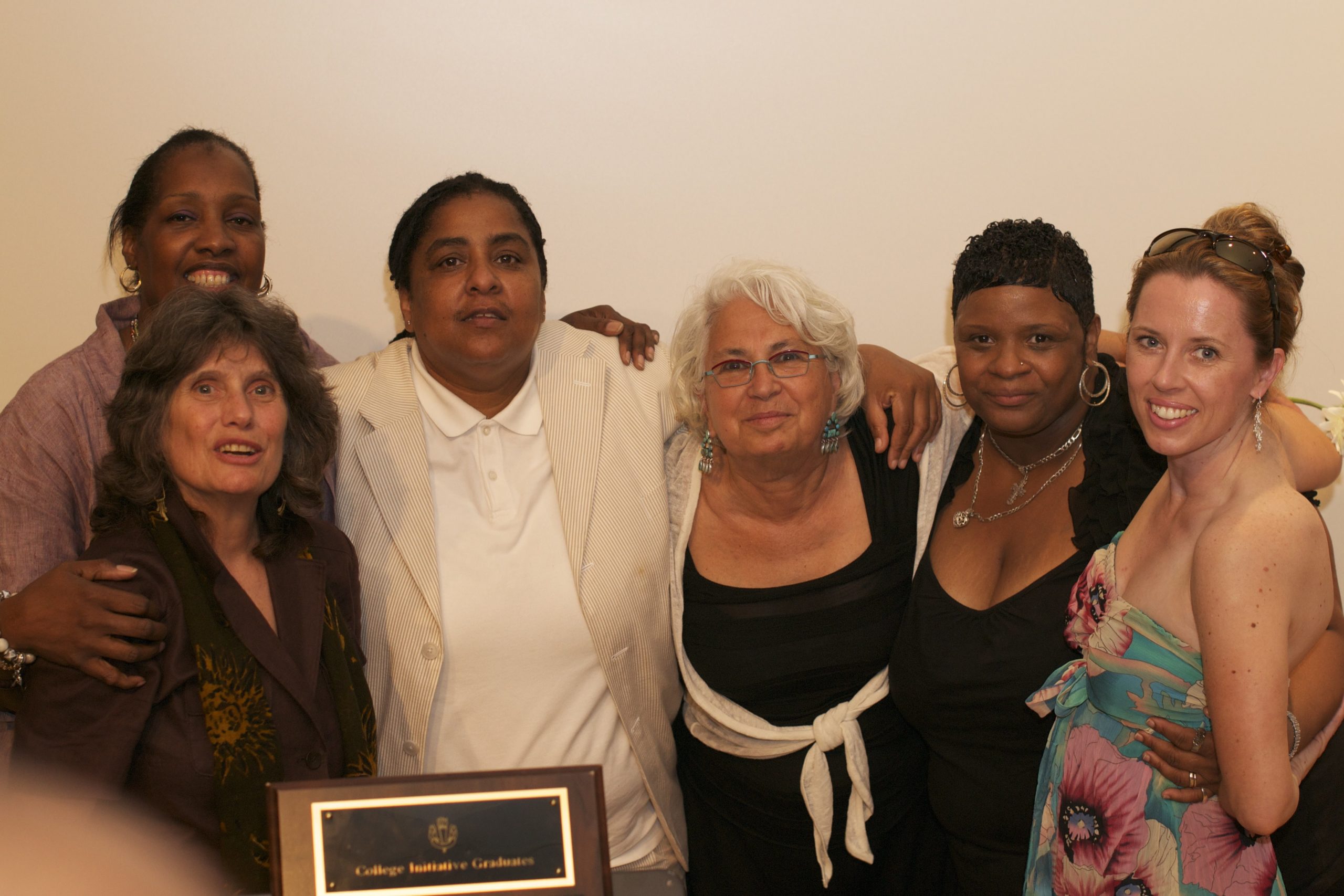
A Salute to the Women of Bedford Hills Correctional Facility
The women at Bedford Hills Correctional Facility (BHCF) have achieved a seemingly impossible task - building a community that knows no boundaries through time and space. Today, the women together as students in the BHCF College Bound Program in the 1990s are still learning together, working together, and helping each other in the world “outside”. The majority of sisters live in NYC, but their extended family includes the entire state and beyond. Sadly, a few are still behind bars. It is said that adversity makes us strong. While that is often true, the women of BHCF know that love and friendship make us, and keep us, stronger.
"When I look into the mirror I see an attractive woman with hopes and
dreams and aspirations for the future. Even though everyday I look around
and see negativity and sorrow. I overcome this and strive. I want to hold on
to what I believe in. I cannot under any circumstance, let this time harden
the soft person that I am inside. When I stop and think to the future I see
myself getting my degree and coming out of this a winner.
When I look into the mirror I see a kind person who only wants to see good.
I see a wise person who has lived much for her years.
I see a woman who wants a second chance."
